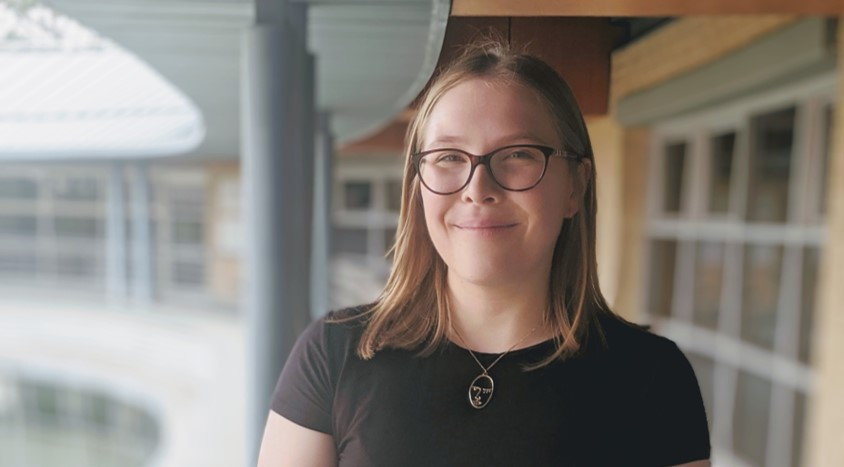04 Feb 2020

Zara Page, a fourth-year Neuroscience Honours student, has spent the year working with Dr Nicole Kochan and Dr Karen Croot alongside CHeBA's CogSCAN and Sydney Memory and Ageing Study teams to explore the culture-fairness of computerised neuropsychological testing for culturally and linguistically diverse older Australians.
Despite Australia’s multicultural society, older culturally and linguistically diverse Australians have been overlooked in dementia research. Traditionally, pencil-and-paper tests are considered as the ‘gold standard’ tool to diagnose and monitor dementia. However, previous research has shown that these tests can lead to delayed and inaccurate diagnoses for culturally and linguistically diverse individuals. Computerised tests are an emerging alternative that may be more culture-fair, as they contain fewer language-based tasks.
Therefore, Zara’s project aimed to examine whether these tests were in-fact suitable for evaluating cognitive decline in culturally and linguistically diverse older Australians. Zara drew upon previously collected data of over 1000 participants from the Sydney Memory and Ageing Study along with current data from CogSCAN participants to compare the cognitive performance of participants from culturally and linguistically diverse backgrounds to native English speakers on both pencil-and-paper and computerised tests.
Utilising the Sydney Memory and Ageing Study data, the study found a smaller difference between culturally and linguistically diverse participants and native English speakers on the computerised test compared to the pencil-and-paper test, after accounting for potential health and demographic differences (such as education level or age). Interestingly, aspects of cultural and linguistic diversity, like a participants’ language preference and number of years lived in Australia helped explain some of the differences between groups on both the pencil-and-paper and computerised tests. Whilst early results from the CogSCAN study are less clear, it is expected that a similar pattern of results will emerge with increasing participant numbers. Zara hopes to continue data collection and recruitment of culturally and linguistically diverse participants throughout the coming year.
In summary, Zara’s work suggests that although computerised tests appear to be more culture-fair than pencil-and-paper tests, they are not entirely culture-fair, and more work is needed to improve our assessments. Zara will present her findings at the 2020 International Dementia Conference in Sydney to encourage medical professionals and researchers alike to consider the influence of cultural and linguistic diversity on cognitive tests to help ensure that all culturally and linguistically diverse older Australians receive a timely and accurate dementia diagnosis.
The CogSCAN study is looking for volunteer research participants to help evaluate computer-administered cognitive assessments. If you are aged 60 and over, and speak English fluently, you may be eligible to participate. We are looking for people with all levels of computer experience or none at all! We also are keen to enrol people who speak English fluently but who are not native English speakers, and people who are bilingual or multilingual.
If you would like more information or want to take part in the study, please contact the research team at:
Email: cogscan@unsw.edu.au
Phone: 9385 0186
Website: http://bit.ly/CogSCAN
